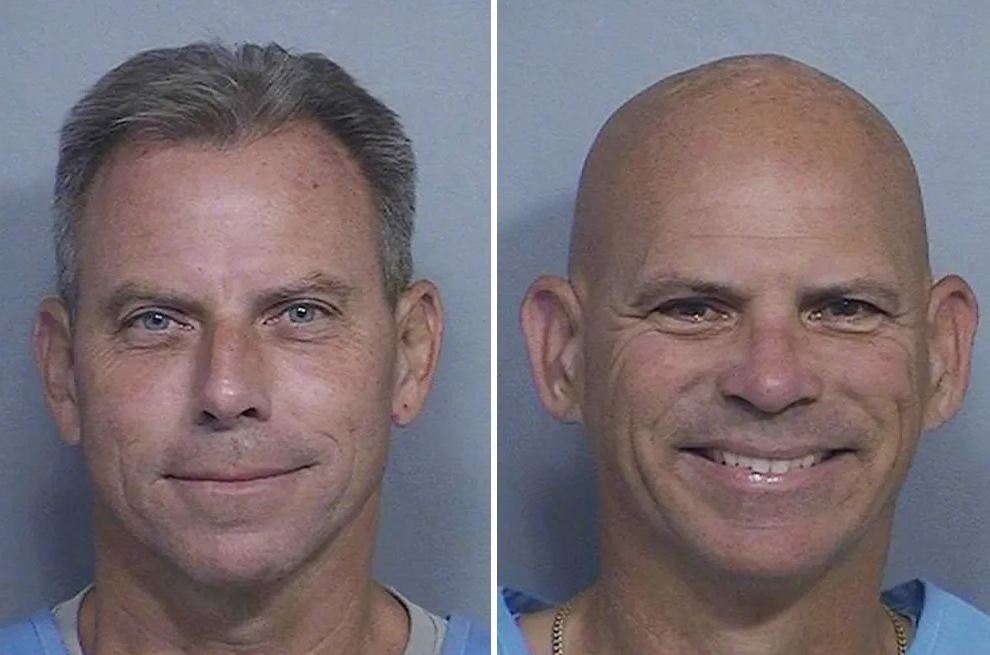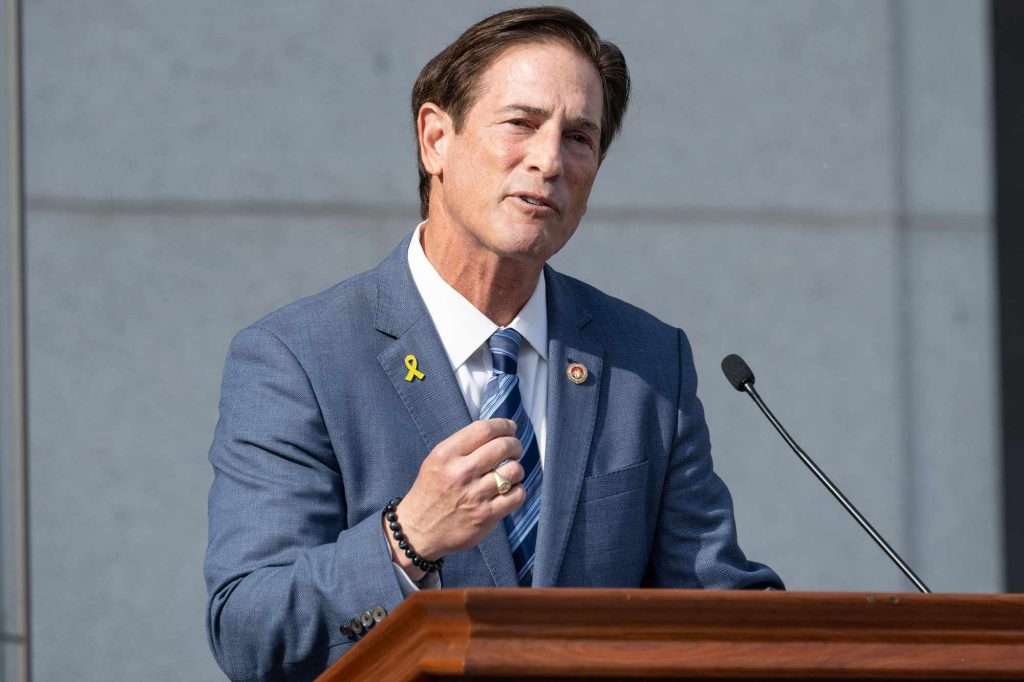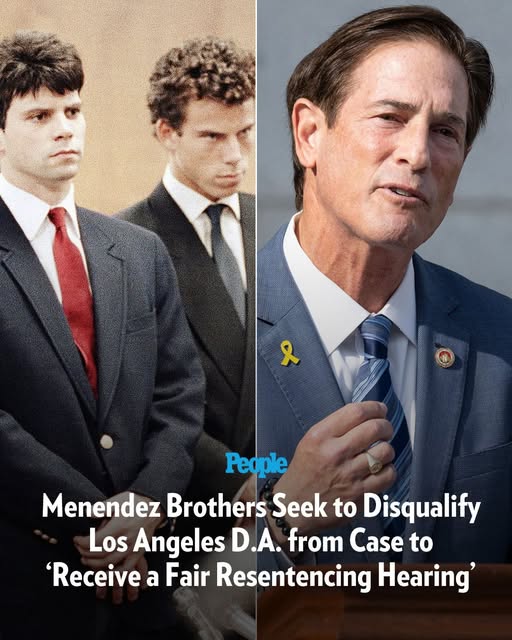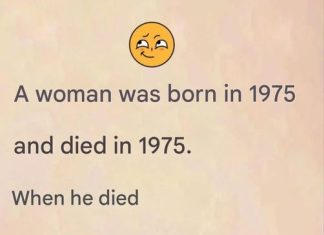Lyle and Erik Menendez have spent 35 years in prison after being convicted of the infamous 1989 murders of their wealthy parents, Kitty and Jose Menendez. Their trial captured national attention in the 1990s, especially after their claims of having endured years of physical and sexual abuse at the hands of their parents came to light. Although their first trial ended in a mistrial in 1993, a second trial led to their conviction in 1996, sentencing both to life imprisonment without the possibility of parole.
Over the years, the Menendez brothers have continued to maintain that they acted out of fear and desperation, not malice, and have pursued multiple legal avenues seeking a reduction of their sentences.
A New Hope for Resentencing
In a major development in 2024, former Los Angeles District Attorney George Gascón filed a motion supporting a reduction of the Menendez brothers’ sentences to 50 years to life. This would have made them eligible for parole almost immediately, offering them a potential path to freedom after more than three decades behind bars. However, the momentum shifted after Gascón lost the November 2024 election to Nathan Hochman. Once in office, Hochman swiftly withdrew Gascón’s recommendation for resentencing, throwing the Menendez brothers’ chances into uncertainty once again.

Filing to Disqualify D.A. Nathan Hochman
Now, the Menendez brothers are seeking to have District Attorney Nathan Hochman disqualified from their upcoming resentencing hearing scheduled for May 9, 2025. According to court documents obtained by PEOPLE, their legal team argues that Hochman’s involvement compromises their right to a fair hearing. The brothers’ attorneys allege that Hochman’s swift reversal of Gascón’s recommendation — and his approach toward their case — reflect a fundamental bias that would prevent them from receiving an impartial and just resentencing process.
Developments Leading to the Upcoming Hearing
In addition to the DA’s change of course, California Governor Gavin Newsom added another layer to the proceedings by requesting “Comprehensive Risk Assessments” for the Menendez brothers earlier this year. These reports were intended to provide further information to guide any potential resentencing decisions. However, at the original April 17 and 18 hearing dates, Judge Michael Jesic had not yet had the opportunity to review these assessments. As a result, the hearing was postponed, with the new date set for May 9. During this upcoming hearing, Judge Jesic will consider the brothers’ request for Hochman’s disqualification alongside the resentencing itself.
Public Interest and Media Spotlight
The Menendez brothers’ case has seen a resurgence of public interest in recent years, fueled by documentaries, interviews, and new generations discovering the tragic and complex story. Platforms like Netflix and various podcasts have explored the brothers’ claims of abuse and the broader legal and societal questions their case raises. Supporters of the Menendez brothers argue that the justice system failed to adequately consider their claims of long-term abuse at the time of their original trials. They see the resentencing effort as an opportunity to rectify a decades-old wrong.
What’s Next for the Menendez Brothers?
If the Menendez brothers are successful in disqualifying District Attorney Hochman, it could significantly influence the outcome of their resentencing hearing. A new, possibly less adversarial prosecutor could take over the case, or at least remove perceived bias from the process. However, if the judge rules against them, they may face an uphill battle convincing the court to grant any leniency. As their May 9 hearing approaches, the Menendez brothers’ decades-long fight for a second chance hangs in the balance, watched closely by both legal experts and the general public alike.

Conclusion: A Critical Turning Point
The Menendez brothers’ request to disqualify District Attorney Nathan Hochman represents a pivotal moment in their long and complex legal battle. After spending more than three decades behind bars, Lyle and Erik Menendez are closer than ever to a potential second chance at life outside of prison. However, the outcome of the May 9 hearing could either open the door to a future parole opportunity or reinforce the finality of their life sentences. As the world watches, the case continues to spark debate about justice, abuse, and whether true redemption is possible after such a tragic and violent past. Whatever the court decides, the Menendez brothers’ story remains one of the most haunting and controversial chapters in American criminal history.

















